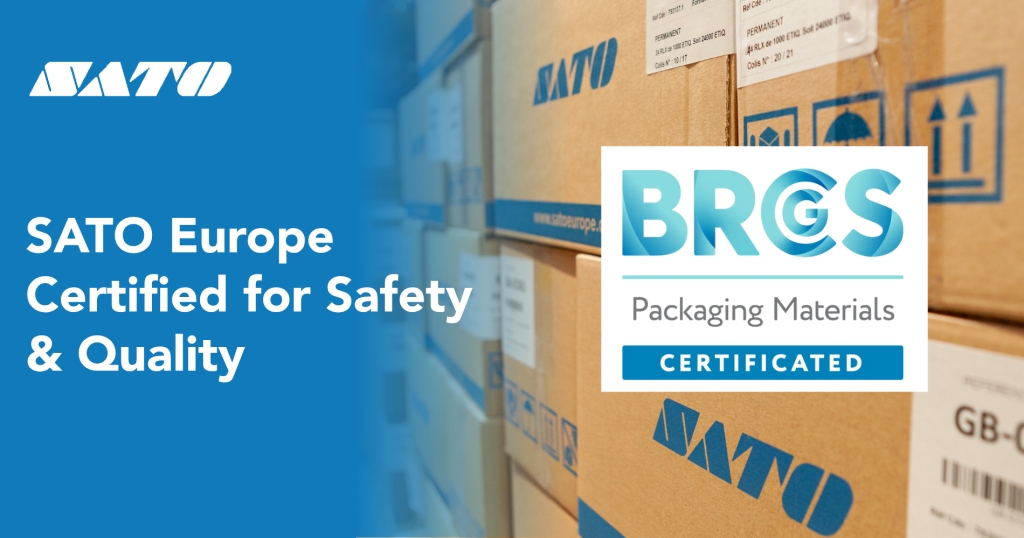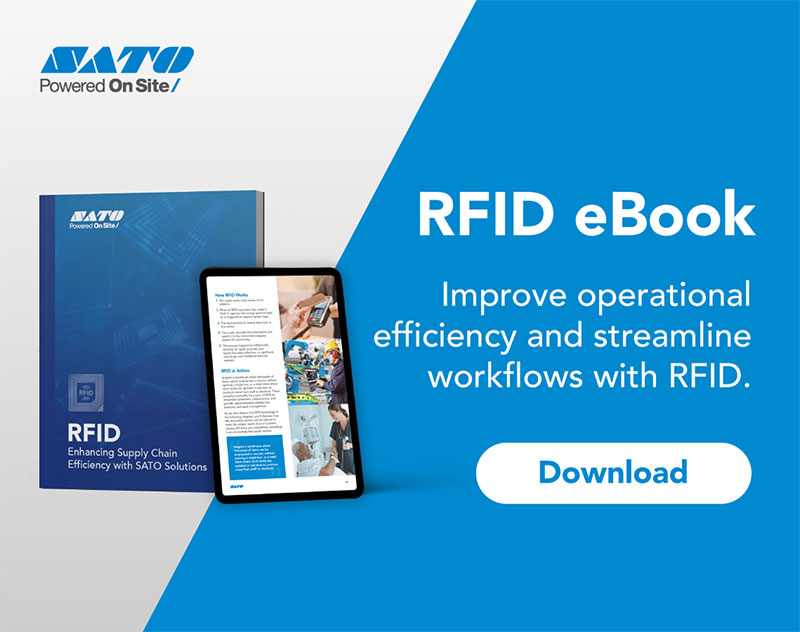The RFID Advantage: Solving the Return Rate Challenge
16/01/24
Background
Apparel fulfillment and return centers frequently grapple with challenges such as managing sudden surges in order volume, ensuring order accuracy to prevent customer complaints, and handling a high rate of product returns due to sizing, fit, or quality issues. These returns can be time-consuming and costly to process for resale. To tackle these issues effectively, these centers often invest in automation, employ advanced inventory management systems, implement stringent quality control measures, optimize their supply chains, and adopt sustainable practices to meet evolving consumer expectations.
Business Challenge
An apparel manufacturer faced a substantial challenge with a staggering 40% return rate for their products. This high rate of product returns, a common issue in the apparel industry driven by concerns such as sizing, fit, or quality, posed significant problems. The process of handling returns for potential resale proved to be not only time-consuming but also costly. Additionally, the manufacturer grappled with the complexities of maintaining precise inventory levels, particularly for rapidly changing fashion items. The risk of overstocking or understocking loomed large, potentially resulting in substantial financial losses.
The company also had a strong desire to bolster its e-commerce business. To thrive in the digital retail landscape, the apparel manufacturer recognized the need for operational transformation and labor-saving measures. It was essential to evolve their traditional retail stores into modern distribution centers capable of directly shipping products to customers' homes. Addressing these multifaceted issues was imperative to enhance competitiveness and overall operational efficiency.
Solution
SATO transformed the way the customer did business wpith a smart RFID solution. They introduced a high-tech conveyor belt system that scanned batches of RFID-tagged items upon arrival, ditching the slow unpacking and manual checks. This innovation sped things up significantly and improved accuracy. They also made data integration a breeze, merging item-level info with carton barcodes, allowing for batch items to be identified, making the process smoother.
SATO also tackled inventory management by introducing a cart-mounted RFID reader, ditching manual counts and saving time. Plus, there was no need for pricey RF interference shielding. Finally, SATO's RFID conveyor belt system for outgoing goods ensured orders were spot-on, slashing returns and complaints about missing or wrong items.
Results
· Automate receiving inspection
· Speed up stocktaking
· Improve order fulfillment accuracy
Latest News
All News

10/02/26
SATO Europe appoints Armelle Jaclot as European Marketing Director
10 February 2026 – Heidelberg, Germany – SATO Europe...

02/02/26
SATO strengthens its European manufacturing capabilities as Polish site achieves...
2nd February 2026 – Heidelberg, Germany ...












